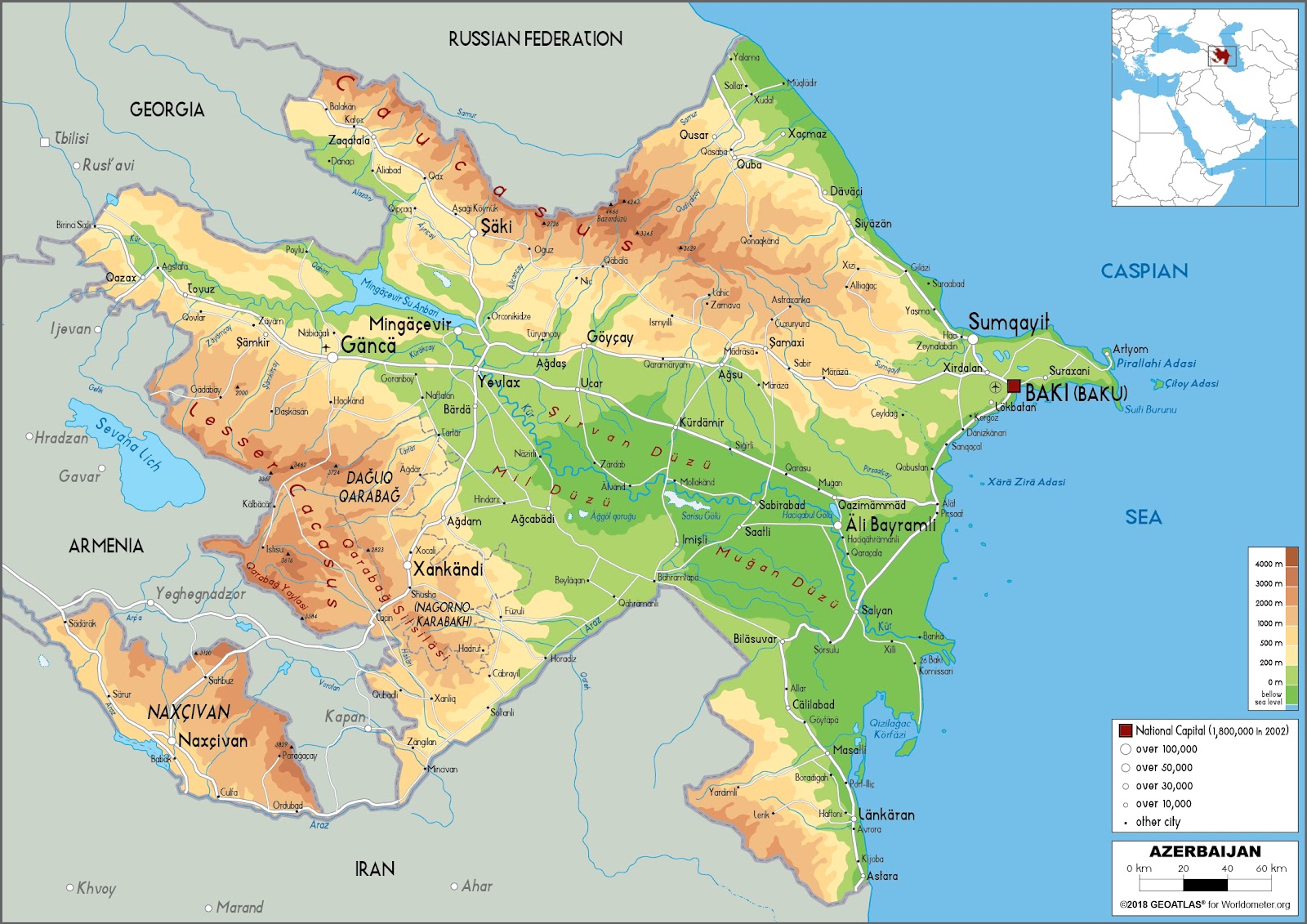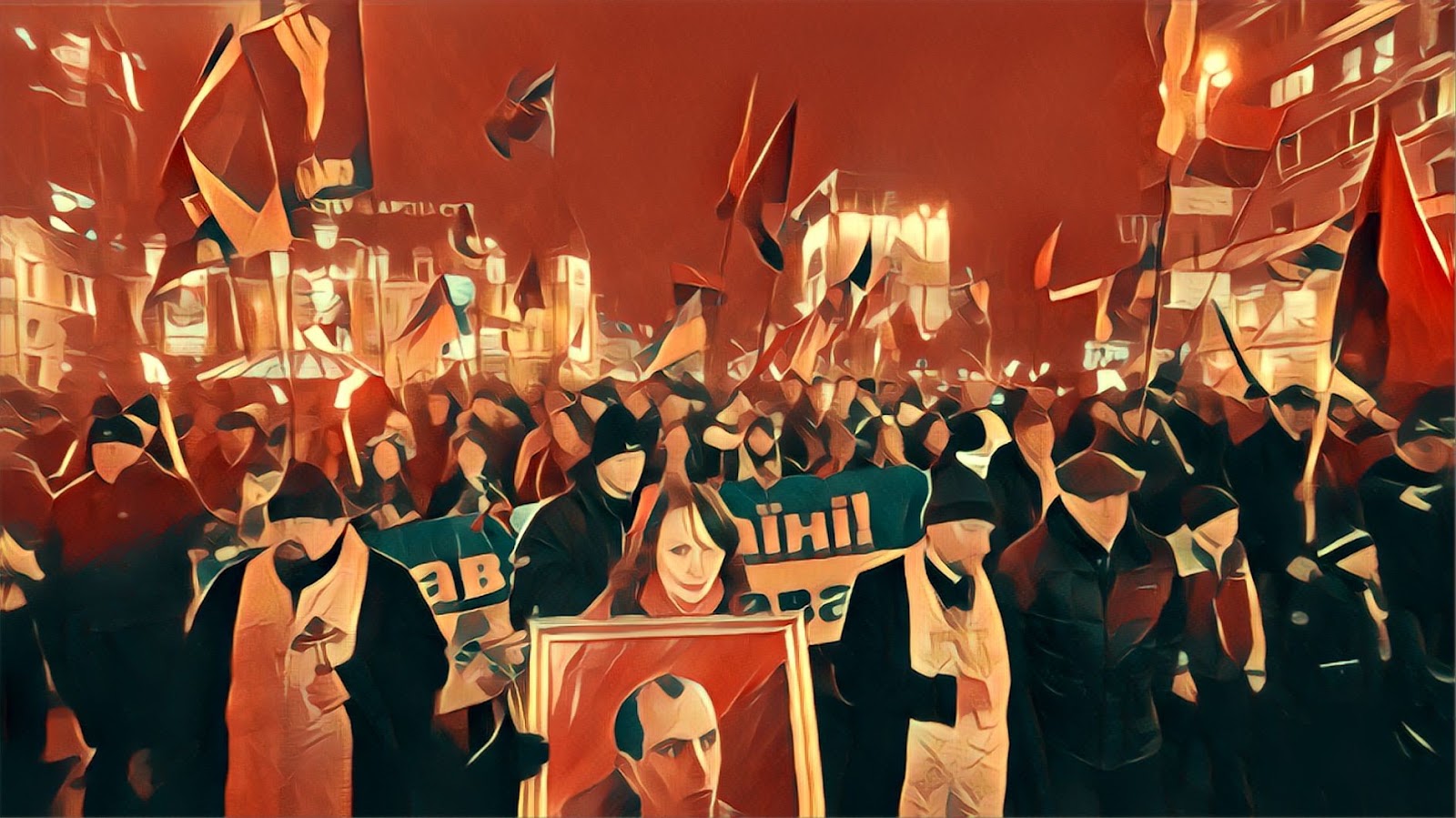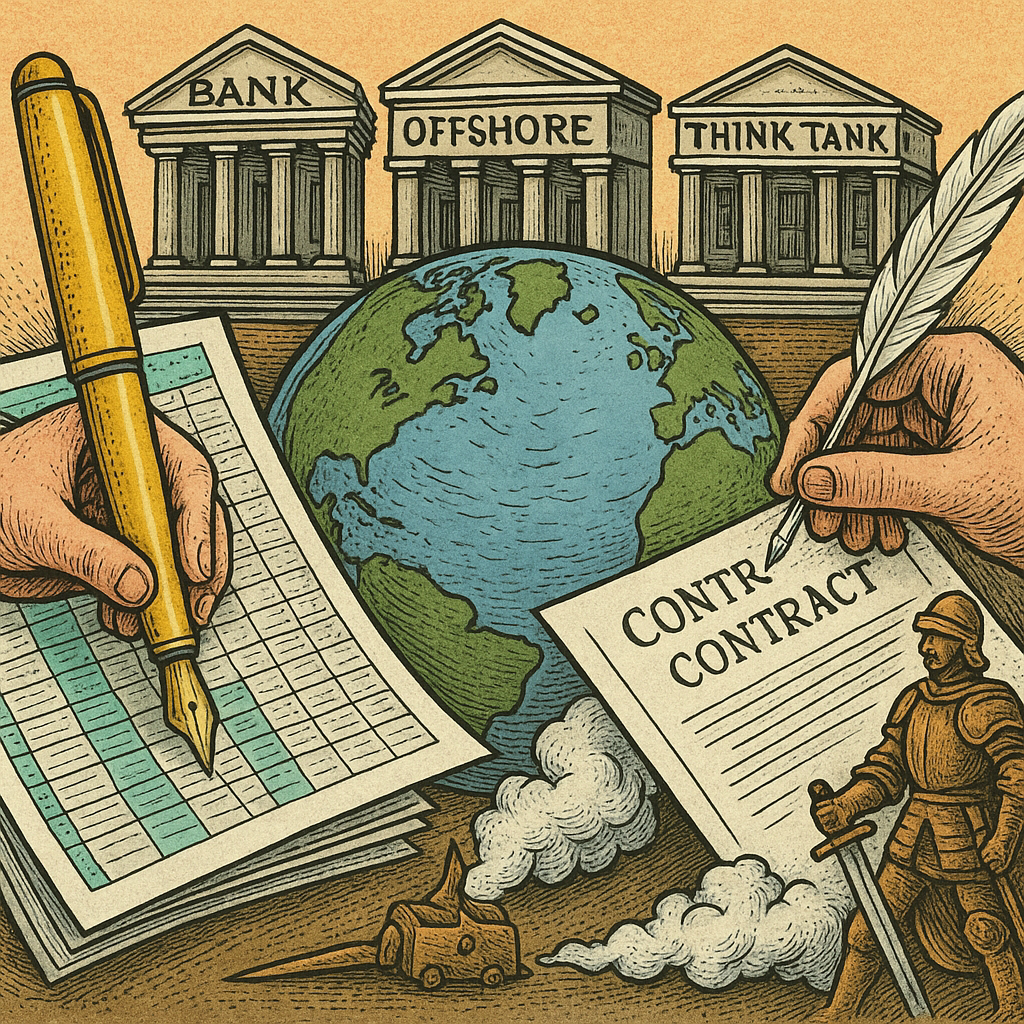
21 October 2023CLICK RATE BY EMOTIONAL TRIGGERING FACTOR IN 2023 Curiosity 25% Trust 25% Pressure 24% Authority 28% Helpfulness 28% Request for money 18% Compliments 29%Gain, logic, fear, scarc...
Main topics are life and times in S E Asia, investing and making a steady income out of the stock exchange, brexit-an old topic now, covid-another old topic











6 July 2025 Yesterday, we looked at Britain's influence over Washington . In this post, we shall consider the view that “all that’s left...
